Hackers are exploiting a security flaw to flood iPhones with connection prompts, rendering them useless. Learn how to protect your iOS device from this ‘notification attack’ in our informative post. Stay safe!
Hold onto your iPhones, because hackers are finding new and creative ways to wreak havoc on Apple devices. In a recent discovery, a hacker known as Techryptic has found a way to flood iPhones with connection prompts, rendering them practically useless. Using a device called Flipper Zero, Techryptic was able to launch a distributed denial-of-service (DDoS) notification attack, overwhelming the iPhone with a barrage of Bluetooth connection notifications. While this attack can be used as a prank or for security research, Techryptic also warns that it can be used maliciously. So, until Apple releases a fix, be cautious of unfamiliar connection requests and maybe even consider turning off Bluetooth – just to be safe.
Hackers exploit security flaw to target iOS devices with ‘notification attack’
Introduction
You love your iPhone and all its amazing features, but what if I told you that hackers have found a way to make it practically impossible for you to use it? That’s right, a new security flaw has been discovered that allows attackers to flood your iPhone with connection notifications, rendering it useless. In this article, we’ll dive into the details of this exploit, explore the attack method using Flipper Zero, and discuss potential ways to protect yourself.
Overview of the security flaw
The iPhone’s seamless Bluetooth connectivity has always been a major selling point, allowing users to effortlessly pair their devices with AirTags, AirPods, and more. Unfortunately, this convenience has become a double-edged sword as hackers have found a loophole that enables them to hijack your iPhone and bombard it with connection notifications. A security researcher named Techryptic discovered this flaw and demonstrated it using a device called Flipper Zero.
Attack method using Flipper Zero
Flipper Zero is a unique device that allows users to explore access control systems, RFID, radio protocols, and debug hardware. In the case of this security flaw, Flipper Zero is used to broadcast Bluetooth Advertisements that trigger the connection notifications on iOS devices. By flooding the iPhone with these prompts, an attacker can effectively launch a distributed denial-of-service (DDoS) notification attack, rendering the device unusable.
Statement from Flipper Devices
After the security flaw was uncovered, Flipper Devices, the company behind Flipper Zero, issued a statement assuring users that this functionality is not possible with the default Flipper Zero hardware. They claimed to have taken necessary precautions to prevent the device from being used for nefarious purposes. However, since the firmware is open source, individuals can modify it and misuse the device. While Flipper Devices does not promote or condone such practices, the potential for misuse is still a concern.
Potential uses of the attack
Techryptic emphasized that this attack could be used for harmless pranks or for security research purposes. However, they also hinted that a future blog post would explain how it could be exploited maliciously. This raises concerns about the potential consequences if attackers were to leverage this security flaw to cause harm or gain unauthorized access to iOS devices.
Range limitations and potential amplification
One limitation of the Flipper Zero attack is the limited range at which an attacker can operate. Techryptic stated that the attacker needs to be within close proximity to the target device. However, TechCrunch reported that an amplified board could be added to a Flipper Zero, extending the range to thousands of feet. This amplification capability significantly increases the potential for hackers to exploit the security flaw remotely.
Reference to Xtreme-Firmware
In the realm of firmware modifications, another project called Xtreme-Firmware comes into play. This firmware update can be applied to Flipper Zero and includes an app called Apple BLE Spam, which has a function called Lockup Crash. This function can be used to perform a denial-of-service (DoS) attack specifically targeting iPhones. ZDNet’s testing indicated that the Xtreme-Firmware update successfully affected iPhones running iOS 17, while iOS 16 remained unaffected.
Protection against fake Bluetooth notifications
At the time of writing, it is unclear whether Apple has been notified of this security hole. However, it is crucial to address this vulnerability to protect iOS devices. TechCrunch suggests that Apple could mitigate the attack by implementing measures to ensure that Bluetooth devices connecting to an iPhone are legitimate and valid. Additionally, reducing the distance at which iPhone devices can connect to other devices using Bluetooth may also help mitigate the risk.
Apple’s response and potential fix
As of now, there has been no official response from Apple regarding this specific security flaw. However, it is highly likely that Apple is working diligently to address the issue. In most cases, security researchers withhold their findings until Apple releases a fix to ensure that they do not inadvertently aid the attackers. Consequently, the most practical way for users to protect themselves is to keep their iPhones up-to-date with the latest iOS updates.
Practical ways to protect your iPhone
While waiting for a fix from Apple, there are a few practical steps you can take to protect your iPhone from potential attacks. Firstly, be cautious when encountering unfamiliar connection notifications and scrutinize them carefully. If you suspect a suspicious notification, it’s best to decline the request. Additionally, since this attack floods your device with notifications, you may need to physically leave the area and shut down your iPhone to halt the attack.
In conclusion, it is crucial to remain vigilant and take proactive measures to protect your iPhone from potential attacks. By staying informed about the latest security vulnerabilities and following practical advice provided by security experts, you can help safeguard your device and enjoy the benefits of your iOS experience without disruption. Remember, humor can be a great defense against hackers, but staying informed and taking precautionary measures is the best way to keep your iPhone safe and secure.





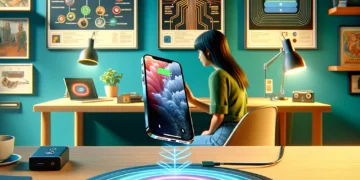




![Apple Watch SE (2nd Gen) [GPS 40mm] Smartwatch with Starlight Aluminum Case with Starlight Sport Band S/M. Fitness & Sleep Tracker, Crash Detection, Heart Rate Monitor](https://www.tech-bit.com/wp-content/uploads/2024/06/applewatchse2ndgengps40mmsmartwatchwithstarlightaluminumcase-360x180.jpg)






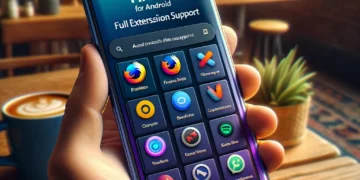


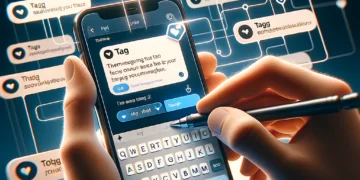



![Apple Watch Series 9 [GPS 45mm] Smartwatch with Midnight Aluminum Case with Midnight Sport Band S/M. Fitness Tracker, ECG Apps, Always-On Retina Display, Water Resistant](https://www.tech-bit.com/wp-content/uploads/2024/06/applewatchseries9gps45mmsmartwatchwithmidnightaluminumcasewith-360x180.jpg)









![Apple Watch Ultra 2 [GPS + Cellular 49mm] Smartwatch, Sport Watch with Rugged Black Titanium Case with Black Ocean Band. Fitness Tracker, Precision GPS, Action Button, Extra-Long Battery Life](https://www.tech-bit.com/wp-content/uploads/2024/10/applewatchultra2gpscellular49mmsmartwatchsportwatchwithrugged-360x180.jpg)

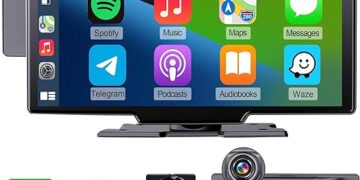



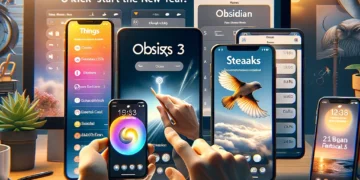



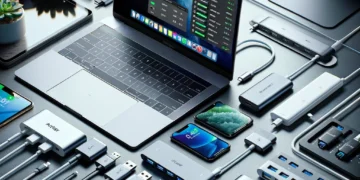



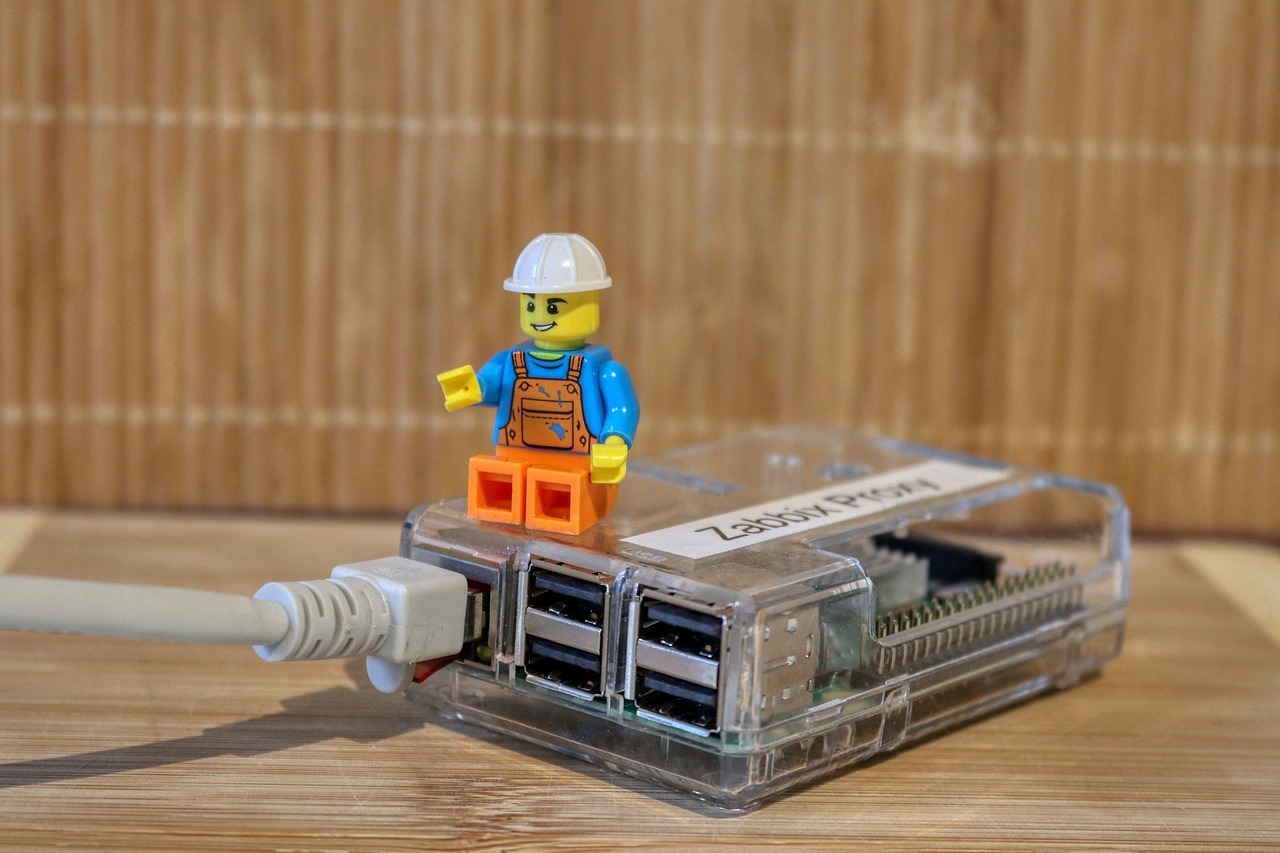
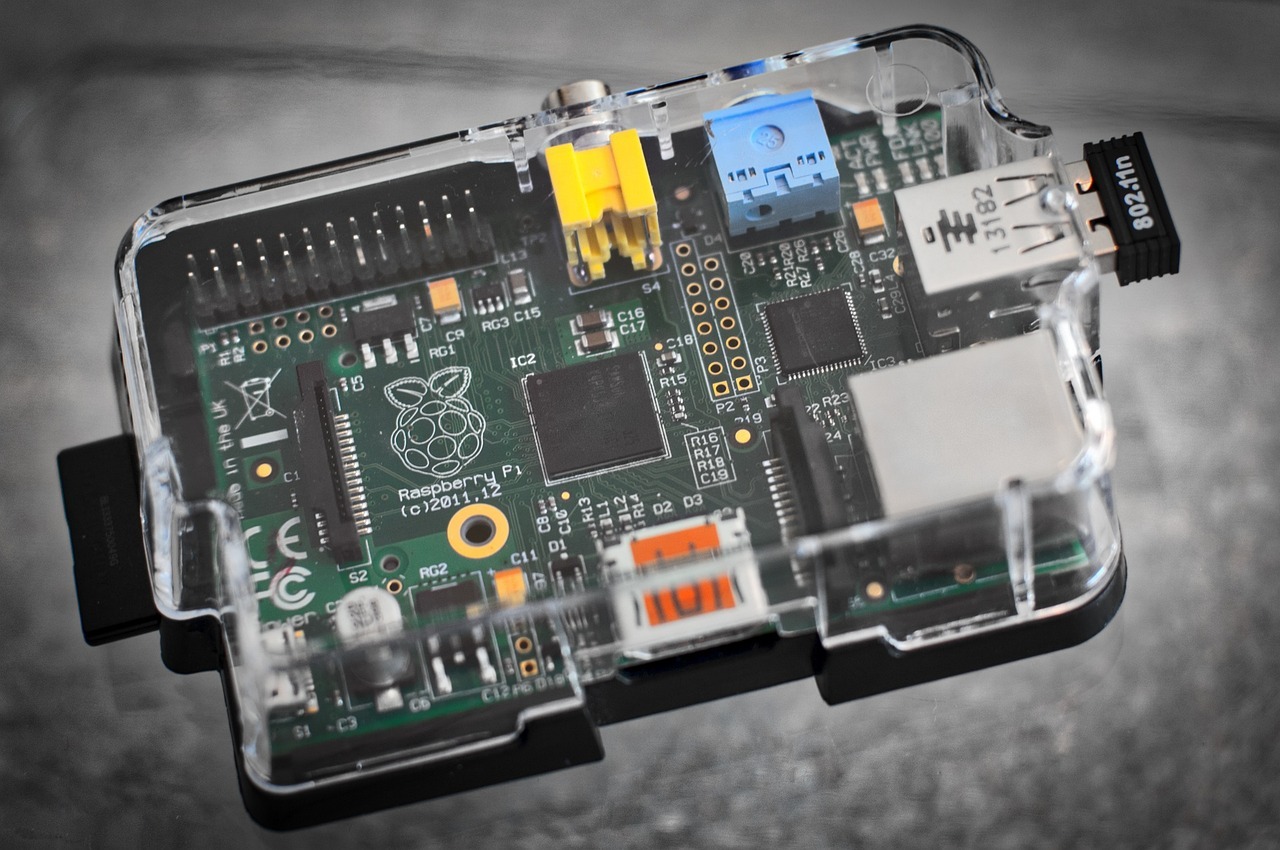






![SAMSUNG Galaxy Buds Pro 2 [2022] (SM-R510) - (Gray)](https://www.tech-bit.com/wp-content/uploads/2023/10/samsung-galaxy-buds-pro-2-2022-sm-r510-gray-75x75.jpg)








